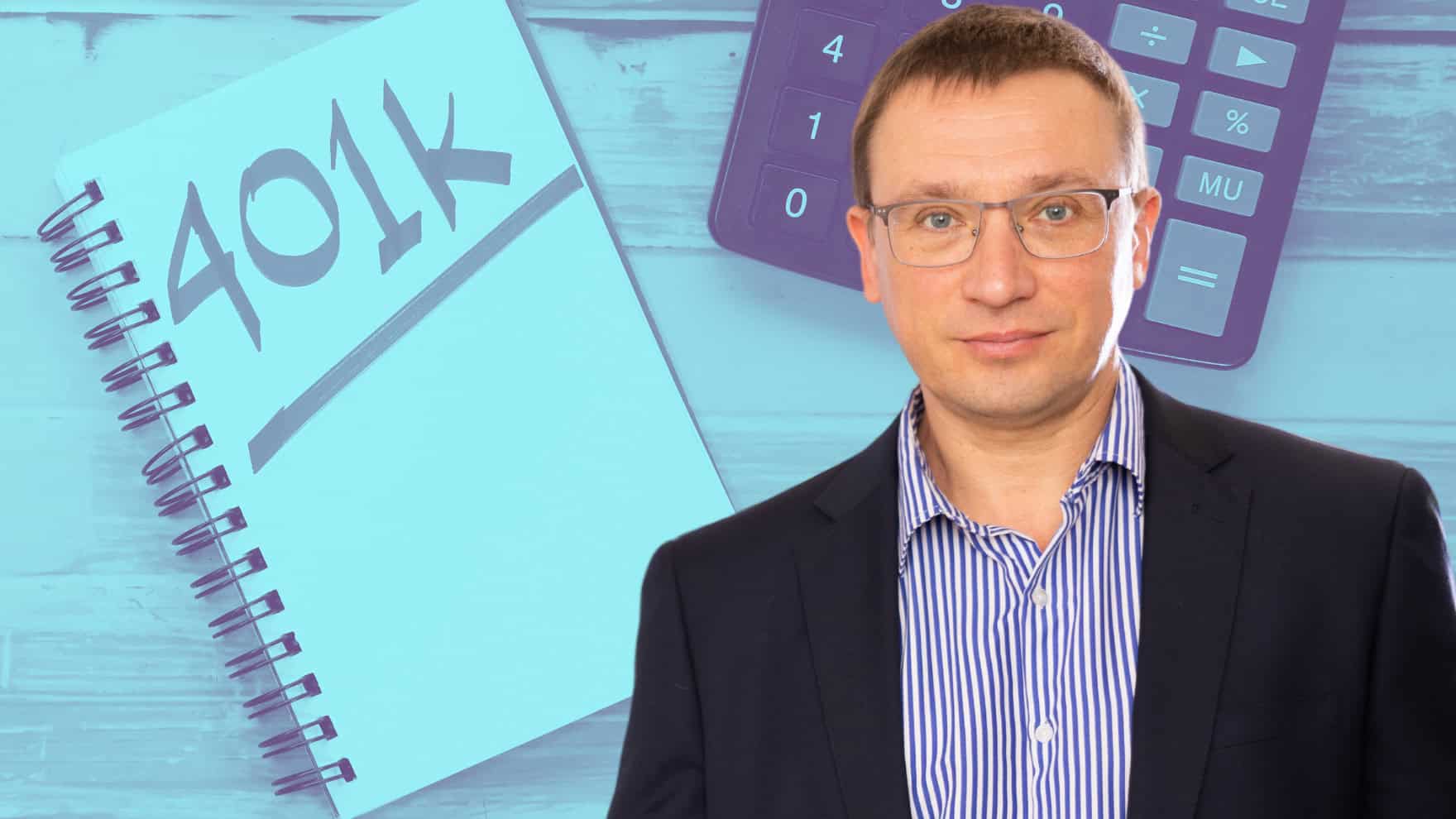Personal Finance
I've socked away $1 million for retirement - this might be an odd question, but is there such a thing as too much money in a 401k?

Published:

Saving up $1 million is an applaud-worthy achievement worth celebrating. Indeed, anyone who reaches such a milestone is now officially a millionaire. And why a few million more saved up for retirement certainly can’t hurt; I do think that continuing with the game plan that got one here (paying oneself first and not giving into lifestyle creep) is advisable. Indeed, consulting a financial adviser can’t hurt as the following Redditor looks to continue on their wealth-creating journey.
After making your first million, it’s wise to ask a financial planner a bunch of questions to ensure things are optimal. Now, this goes well beyond budgeting and planning out monthly expenses. Investing in the right securities, ensuring a good asset allocation, and shooting for optimal tax planning is key to letting one’s first million pave the way for an even greater fortune over the long haul.
In this piece, we’ll check in on a new millionaire couple who’s wondering if it’s a good idea to keep contributing to a 401k or if there are better places to stash the cash.
In the case of someone in their late 30s with three children, a good mix of assets across various accounts, but only $12,000 in a taxable brokerage account, I’d argue that it can make sense to allocate a bit more towards accounts that allow for easier access of the funds. But is there such a thing as having “too much” in a 401k?
If you’re contributing over the maximum allowable amount, then yes, there is such a thing as “too much.” That said, I’ll assume the poster was wondering if it’s possible to contribute “too much” while staying within one’s 401k contribution limits.
For someone making a smaller salary, no match plan from their employer, less cash in non-registered accounts, and rising year-over-year expenses on the horizon (as is common for families with lots of young children), I’d argue that there can be such a thing as having “too little” allocated to non-401k accounts!
Of course, everyone looking for the perfect account allocation strategy should ask a professional. While they may charge you a hefty fee upfront, I do think that in most situations, the value added can exceed the cost of doing business with a smart and experienced adviser. The higher the net worth ($1 million is considered a high net worth) and the more complicated (or unique) the financial situation, the greater the need for such professional advice!
Indeed, three children are costly, and the expenses can add up quickly. As such, it’s important to allow for greater liquidity by not keeping everything tied up in a 401k. Sure, deferring taxes is a significant benefit of going for a 401k if one’s pulling in a considerable sum in any given year.
However, with one person earning a relatively limited annual salary of $45,000, I’d argue that maxing out the 401k contributions may not be the 100% optimal move. Though I’m not against making big contributions for those who really want to defer taxes, I do think that a young person making less with the expectation of making more in the future may wish to consider their options. There are many other great accounts out there, many of which are worth exploring with a financial planner at your side.
The 401k is a fantastic tool, but does that mean you should make the maximum allowable contribution in any given year? That depends on your income, expenses, and where you expect both to be over the medium-term future. Either way, this question is one to bring up with a professional, given the preferences of individuals. Some people value tax deferrals over liquidity and vice-versa.
Retirement planning doesn’t have to feel overwhelming. The key is finding expert guidance—and SmartAsset’s simple quiz makes it easier than ever for you to connect with a vetted financial advisor.
Here’s how it works:
Why wait? Start building the retirement you’ve always dreamed of. Click here to get started today!
Thank you for reading! Have some feedback for us?
Contact the 24/7 Wall St. editorial team.